A Student’s Perspective
By Galen Chun, Psy. D. Clinical Director CLE Davie
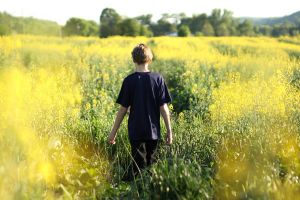 Living with a “Learning Disability” comes with its own set of preconceived notions, assumptions and expectations. I asked students in my CLE focus groups and individually the question, “Are there things you avoid talking about in the disability community?” Students preferred not to be quoted individually. Below are some of their answers.
Living with a “Learning Disability” comes with its own set of preconceived notions, assumptions and expectations. I asked students in my CLE focus groups and individually the question, “Are there things you avoid talking about in the disability community?” Students preferred not to be quoted individually. Below are some of their answers.
“I don’t want to be known for my disability. I want to be known as me. The problem is that sometimes it’s hard to hide the fact I have one.”
“I am always afraid that people will think I am stupid if I ask a question. I know I am not as smart as other people. Maybe I missed what people were saying but I don’t want to look clueless, so I nod, smile and laugh when other people laugh.”
“On job interviews I sometimes feel weird talking about my ASD and ways I make sure it won’t be a problem on the job. I worry they won’t hire me even though discriminating against me because I have a disability is against the law.”
“If I tell my parents that I am interested in dating, they’ll try to control everything about it. They don’t see me like that. I am still just figuring out what I like sexually. Honestly, sometimes I’d rather just play videogames.”
When asking the question, I recognized many of the answers I received focused on identity. As a general statement many children and adolescents are bullied for being anything different from the norm.
What is the norm?
If you haven’t checked social media lately it is the picture-perfect sunset and smiling faces of couples in love, graduating or landing the perfect job. Making unfair comparisons are the root of so much shame in and outside of the disability community.
“Often I look at the happy people on Facebook and think that I have failed.”
Viewing the snapshots of “success” portrayed on social media would have us all believe that everything comes easily. We typically don’t see photos of exhausting study sessions, lover’s disputes or without some elaborate photo filter that hides life’s inconvenient realities. As a professional I continually ask, “How do we all teach resilience and grit?”
I frequently explain in my work, “Mistakes are moments in time; judgements are eternal.” The phrase, “I made a mistake is very different from I AM the mistake.” Sadly, so often the two are confused. To combat this, we need to teach that mistakes are not the end of the world. Instead, mistakes are learning experiences that can drive people to innovate new strategies that ensure their success. Sure, we all would prefer not to experience failure, but it is often integral part of the process of growth.
In interviewing for the article, I learned not only what is taboo in the disability community but what should never be taboo: Recognizing that mistakes are a crucial part of finding success.

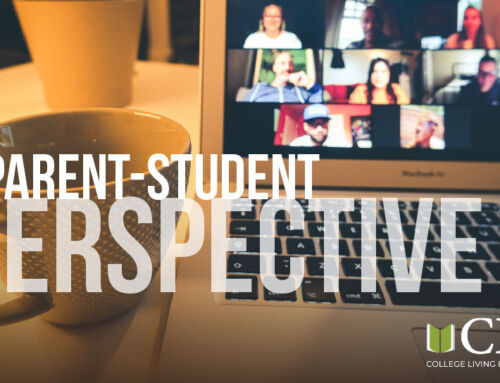
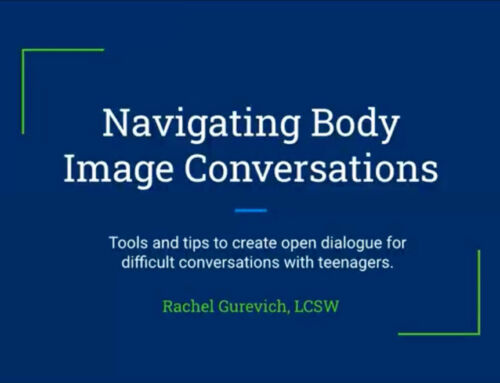

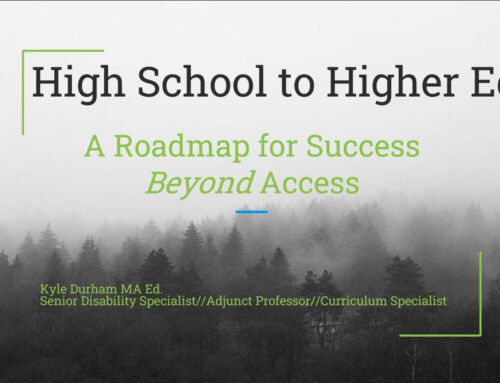
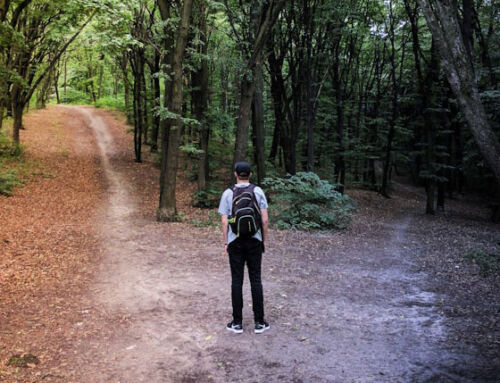
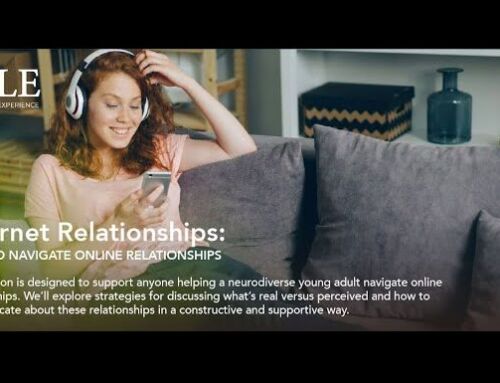

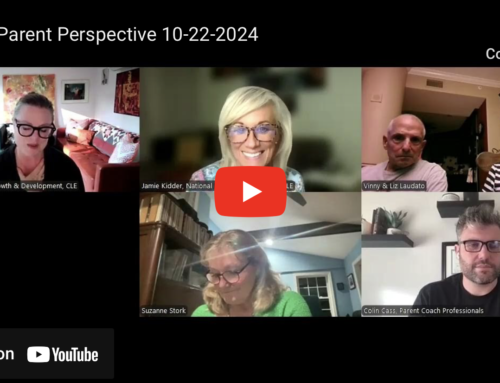
Love the article. It sends such a powerful message to students who think they are failures because they see others their age looking so happy. In particular the statement that I made a mistake rather than I am the mistake. It’s tough to persist and have grit when the world looks so much better.
It would be wonderful if CLE would let more people know about their work/messages by coming to the Life in High School and Beyond Conference & Resource Expo on Saturday, May 11 at The College of NJ. Please get in touch with us. Thanks for this article.